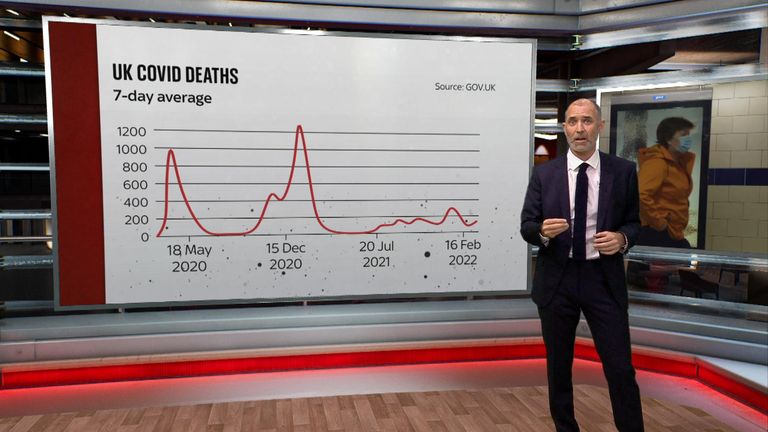More people are worried about their finances than about catching COVID-19, according to new research.
Almost four in 10 people (38%) are worried about their finances – up from 32% in January and the highest since the beginning of the coronavirus pandemic.
Some 33% are concerned about getting COVID-19 – down from 40% in January.
The research is from University College London’s COVID-19 Social Study, which is based on the opinions of 28,495 people between 21 March and 27 March in the UK.
The researchers also found that just 56% of people felt in control of their finances in March, compared to 63% in October, with working age adults twice as likely as older to people to be concerned.
Some 49% said they felt in control of their mental health, compared with 54% six months ago, with the number of people reporting symptoms of anxiety and depression at its highest level for 11 months.
“New psychological stressors”
Lead author Dr Daisy Fancourt, from UCL’s Institute of Epidemiology and Health Care, said: “These findings could suggest that our return to more ‘normal’ living has not had all the mental health benefits that people necessarily expected.
“But it is also notable that the last few months have seen a cost of living crisis emerge.
“Concerns about money have been increasing, with people now more concerned about finances than about COVID-19.
“This suggests that new psychological stressors are becoming dominant for individuals.”
Dr Fancourt said the significant drop in concern about catching the virus comes at the same time as a fall in the number of people following advice to wear face coverings, socially distance, and take COVID tests.
“Nevertheless, it is important to remember that the number of COVID cases, hospitalisations and deaths remains equivalent or higher than in January 2022, meaning that the overall situation remains unchanged despite the shift in attitude.”
The study is funded by the Nuffield Foundation, UK Research and Innovation, and Wellcome.


